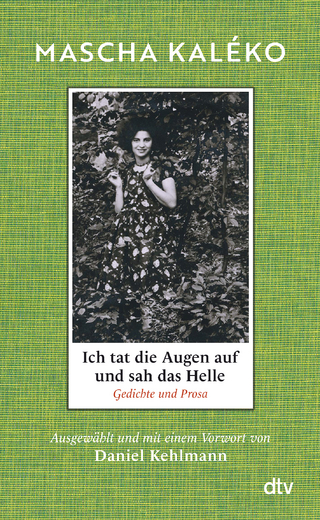
Stolen Flower
Yale University Press (Verlag)
978-0-300-28248-1 (ISBN)
- Noch nicht erschienen (ca.
- Portofrei ab CHF 40
- Auch auf Rechnung
- Artikel merken
In 2007, Mexican soldiers raped and left for dead a seventy-three-year-old Indigenous Nahua woman, Ernestina Ascencio Rosario, as she worked on her farm. Despite extensive evidence to the contrary, including eyewitness accounts, the courts ruled that Ascencio had died of natural causes. When journalists began to investigate, they discovered that there were numerous girls in the community who also had been raped by soldiers—girls as young as twelve who were already mothers. The reports sparked outrage throughout Latin America over violence against women and girls, violence against Indigenous communities, and military impunity.
Stolen Flower, a contemporary classic originally written in Didxazá (Isthmus Zapotec), is Irma Pineda’s powerful sequence of poems memorializing the events and their ramifications. The poems, which appear here in Didxazá, Spanish, and English, are told through a chorus of fictionalized voices: of Ascencio herself, of the field where the rape occurred, of the forest that has seen generations of Indigenous villagers, of the village grappling with the terror. It is at once a lament and a call to arms, refashioning the testimonio into a tribute to Mexico’s Indigenous peoples and their lands, cultures, languages, and dignity.
Irma Pineda (b. 1971) is an Isthmus Zapotec poet, translator, educator, and Indigenous rights activist. She is the author of twelve books of bilingual (Spanish and Didxazá) poetry and three books of poetry in Spanish. She has two previous collections of poetry in English translation: In the Belly of Night and Other Poems and Nostalgia Doesn’t Flow Away Like Riverwater. She lives in Oaxaca, Mexico. Wendy Call is a writer, editor, translator, and educator. This is her fourth book of poetry in translation. She is also author of No Word for Welcome and coeditor of Telling True Stories: A Nonfiction Writers’ Guide and the annual Best Literary Translations. She lives in Seattle, on Duwamish land.
| Erscheint lt. Verlag | 27.1.2026 |
|---|---|
| Reihe/Serie | The Margellos World Republic of Letters |
| Übersetzer | Wendy Call |
| Zusatzinfo | 14 b-w illus. |
| Sprache | englisch |
| Maße | 152 x 197 mm |
| Themenwelt | Literatur ► Lyrik / Dramatik ► Lyrik / Gedichte |
| ISBN-10 | 0-300-28248-6 / 0300282486 |
| ISBN-13 | 978-0-300-28248-1 / 9780300282481 |
| Zustand | Neuware |
| Informationen gemäß Produktsicherheitsverordnung (GPSR) | |
| Haben Sie eine Frage zum Produkt? |
aus dem Bereich


